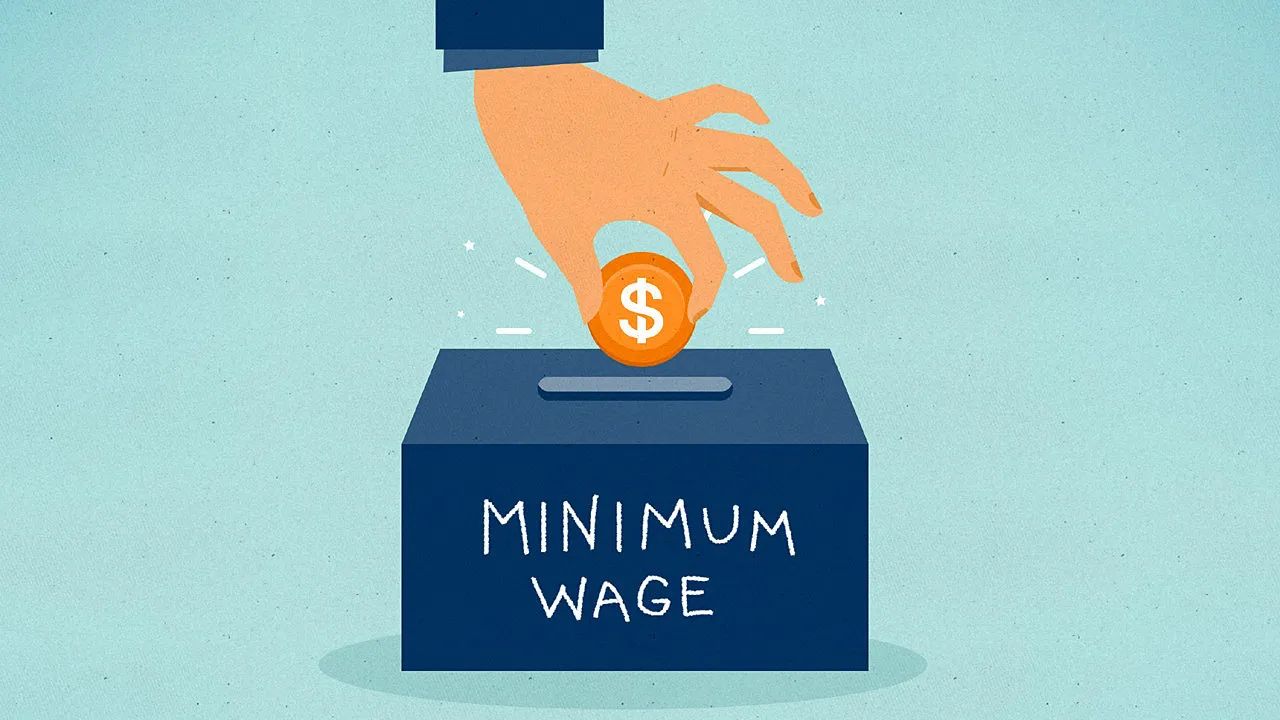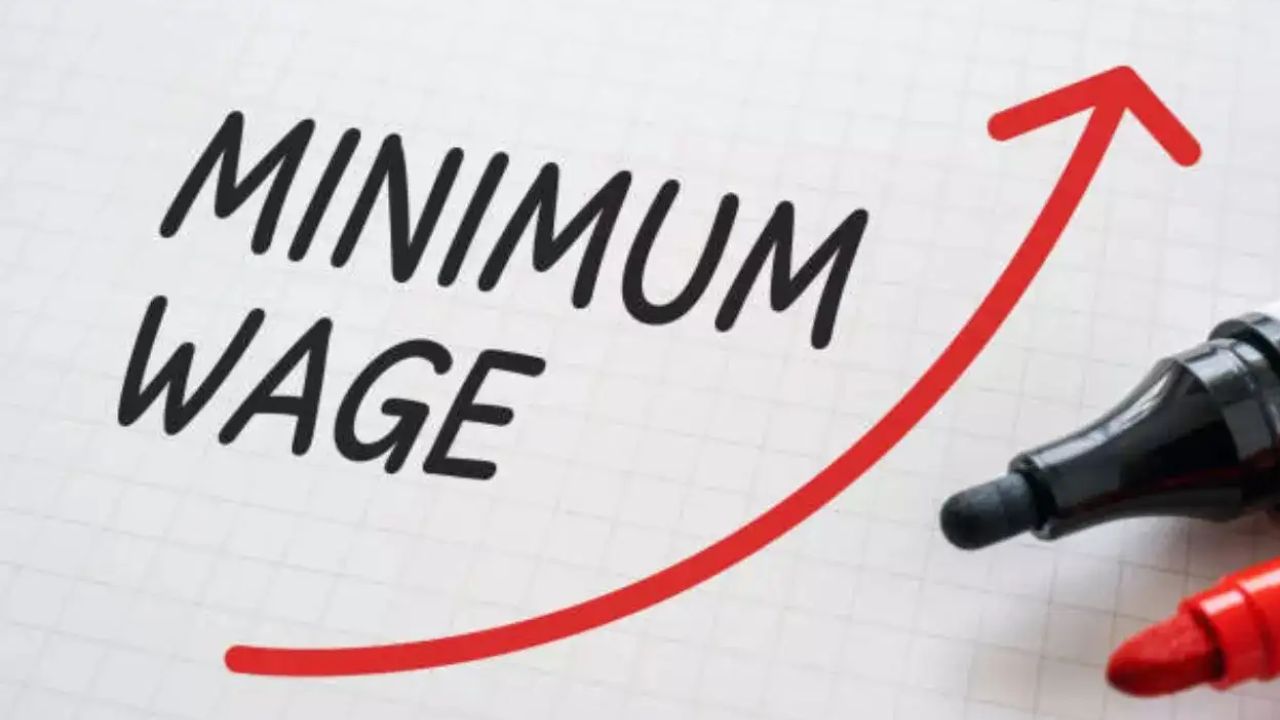The UK government has confirmed the updated minimum wage rates set to take effect in September 2025, impacting millions of workers across the country. These revised rates aim to balance the need for fair pay amid rising living costs while supporting businesses, particularly small and medium enterprises, in managing payroll challenges.
Table of Contents
Why This Update Is Important
Starting September 2025, the updated minimum wage rates in the UK will see a significant rise across all age groups. Workers aged 21 and over earning the National Living Wage will now receive £11.50 per hour, while those aged 18-20 will earn £8.75 per hour. Employees aged 16-17 will see their hourly rate increase to £6.50, and apprentices will be paid £6.25 per hour. These adjustments mean that full-time employees, particularly those on the National Living Wage, could see an annual boost of nearly £1,900 compared to the previous year, providing much-needed financial relief amid ongoing cost-of-living pressures.
Who Will Benefit the Most
The increase will have a positive impact on several groups. Young workers entering the job market will see higher entry-level wages, while retail and hospitality employees many of whom rely on minimum wage jobs will notice significant improvements in their pay. Apprentices, who traditionally earn less, will also benefit from fairer compensation. Additionally, families relying on minimum wage jobs to support household expenses will find this increase particularly helpful.
What It Means for Workers

For those working 37.5 hours a week, the annual earnings after the increase are expected to be approximately £22,400 for workers aged 21 and over, £17,100 for those aged 18-20, and £12,600 for those aged 16-17. This extra income will help workers better manage expenses, especially with continuing high costs for housing, food, and transportation.
The Impact on Employers
While the wage hike benefits employees, it also poses challenges for employers, particularly in industries like retail, hospitality, and care. Businesses will face higher payroll costs, and some may need to adjust pricing or budgets to manage these increases. However, fairer wages also present an opportunity for employers to attract and retain skilled workers, improving overall job satisfaction and productivity.
Policy Background and Future Outlook
The wage adjustment is part of the UK government’s strategy to gradually raise the National Living Wage closer to two-thirds of median earnings. The Low Pay Commission (LPC) developed the new rates after consulting with businesses, worker groups, and trade unions to ensure the updates are fair yet sustainable.
Debates also continue about introducing regional wage variations to reflect differences in living costs across the country. While this approach has not yet been adopted, discussions are expected to intensify in the coming years, especially as living costs in areas like London remain significantly higher than in other regions.
Preparing for the Change
Workers should check their payslips in September to confirm they are receiving the correct updated rates. Employers, on the other hand, must update their payroll systems to avoid compliance issues, as failure to meet the legal wage requirements could lead to fines and public naming by government authorities.
The September 2025 minimum wage update represents an important step toward ensuring fair pay and reducing wage inequality. For workers, it means better financial stability and the ability to meet essential living expenses. For employers, it is both a challenge and an opportunity to show commitment to fair labor practices while supporting staff during challenging economic times.

